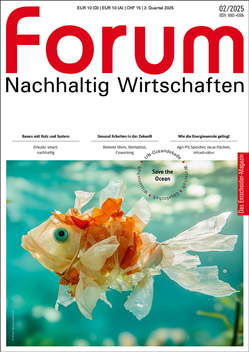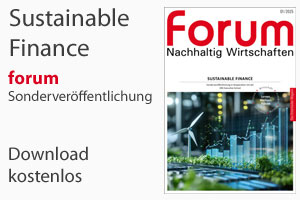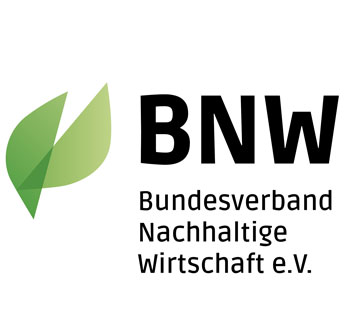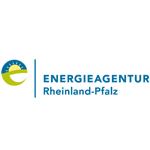Raising new ISO standards for saving the planet
Further action is needed to ensure to meet the Paris Agreement targets
Floods, droughts, record-breaking temperatures – the evidence indicates that addressing climate change has become one of the world’s most pressing issues, which is why the publication of two ISO standards will have a significant part to play in helping to reduce damaging greenhouse gases.
 Adressing climate change has become one of the world's most pressing issues. © ISO
Adressing climate change has become one of the world's most pressing issues. © ISOAccording to the Met Office, the United Kingdom’s national weather service, the levels of carbon dioxide (CO2) in the atmosphere are set for a near-record rise this year. This increase is being fuelled by the continued burning of fossil fuels and the destruction of forests. Leading scientists have warned that if global warming is not kept below 1.5 °C, extreme weather conditions, floods, droughts and wildfires will become more frequent, taking a deadly toll on society.
Since the United Nations Framework Convention on Climate Change (UNFCCC) was created in 1992, some progress has been made on fostering international action on climate change. Efforts led to the Paris Agreement of 2015, which allows individual countries to set their own strategies on climate change and, unlike the Kyoto Protocol which preceded it, has no legally binding terms. The goal of the Paris Agreement is to hold the increase in global average temperature to well below 2 °C above pre-industrial levels and to pursue efforts to limit warming to 1.5 °C. However, it is clear that further action is needed to ensure we meet those targets.
Dealing with climate change requires coordinated action not only by nations around the world but also non-state actors such as cities as well as the private sector. This is where International Standards ISO 14064-2 and ISO 14064-3 can make a constructive input to finding a solution. ISO 14064-2 is used to quantify the amount of GHG emissions reductions or removal enhancements, while ISO 14064-3 serves to verify reports developed using 14064-2 and other project-level GHG quantification. The new ISO 14064-3 has been expanded to apply to product-level carbon footprint reports.
Tom Baumann, Chair of the subcommittee in charge of developing the standards, and Chief Executive of ClimateCHECK, says: "ISO 14064-2 and ISO 14064-3 are applicable to any project in any sector or region or organizational size/type. This is an asset because the Paris Agreement encourages ‘nationally determined contributions’ of countless types of climate actions, or projects. Therefore, these standards support harmonization of GHG tracking and valuation, which will support consistency and comparability needed by stakeholders, especially the investors needing to deploy trillions of dollars annually of climate finance.”
ISO 14064-2 has been in use since it was originally published in 2006 in various carbon credit schemes, including the national/local/private sector’s GHG programmes, and the new version of 14064-1 was published last year.
Christine Schuh, President of le-ef.com Consulting Corp, says ISO 14064-3 is essentially a new standard: "It has new principles, a new section on validation, new tools such as agreed-upon procedures and mixed engagements, clarification on reasonable levels of assurance and the ability to address indirect emissions and product life-cycles.”
ISO 14064 was developed by technical committee ISO/TC 207, Environmental management, subcommittee SC 7, Greenhouse gas management and related activities, whose secretariat is held by SAC, ISO’s member for China, twinned with SCC, ISO’s member for Canada. It can be purchased from your national ISO member or through the ISO Store.
Umwelt | Klima, 16.04.2019

Save the Ocean
forum 02/2025 ist erschienen
- Regenerativ
- Coworkation
- Klimadiesel
- Kreislaufwirtschaft
Kaufen...
Abonnieren...
30
APR
2025
APR
2025
Franz Alt: Die Solare Weltrevolution - Aufbruch in eine neue Menschheitsepoche
In der Reihe "Mein Klima… in München"
80331 München und online
In der Reihe "Mein Klima… in München"
80331 München und online
07
MAI
2025
MAI
2025
MakerCamp Genossenschaften 2025
Genossenschaftliche Lösungen in Wirtschaft, Kommunen und Gesellschaft
65189 Wiesbaden
Genossenschaftliche Lösungen in Wirtschaft, Kommunen und Gesellschaft
65189 Wiesbaden
21
MAI
2025
MAI
2025
LVR-Kulturkonferenz 2025: Kultur. Nachhaltig. Wirtschaften.
Welchen Beitrag leistet Kultur zum wirtschaftlichen Wachstum?
47805 Krefeld
Welchen Beitrag leistet Kultur zum wirtschaftlichen Wachstum?
47805 Krefeld
Professionelle Klimabilanz, einfach selbst gemacht

Einfache Klimabilanzierung und glaubhafte Nachhaltigkeitskommunikation gemäß GHG-Protocol
Sport & Freizeit, Reisen
 Helau, Alaf, Narri Narro!
Helau, Alaf, Narri Narro!Christoph Quarch freut sich über die spielerische Aussetzung der Ordnung während der Karnevalstage
Jetzt auf forum:
Chocolate Scorecard: Die guten und schlechten Ostereier der Schokoladenindustrie
Die Region Klimaberg Katschberg setzt ein deutliches Zeichen für nachhaltigen Tourismus in den Alpen
Sind wir alle viel zu geldfixiert geworden?
The Cradle: Das erste kreislauffähige Holzhybrid-Gebäude in Düsseldorf


















